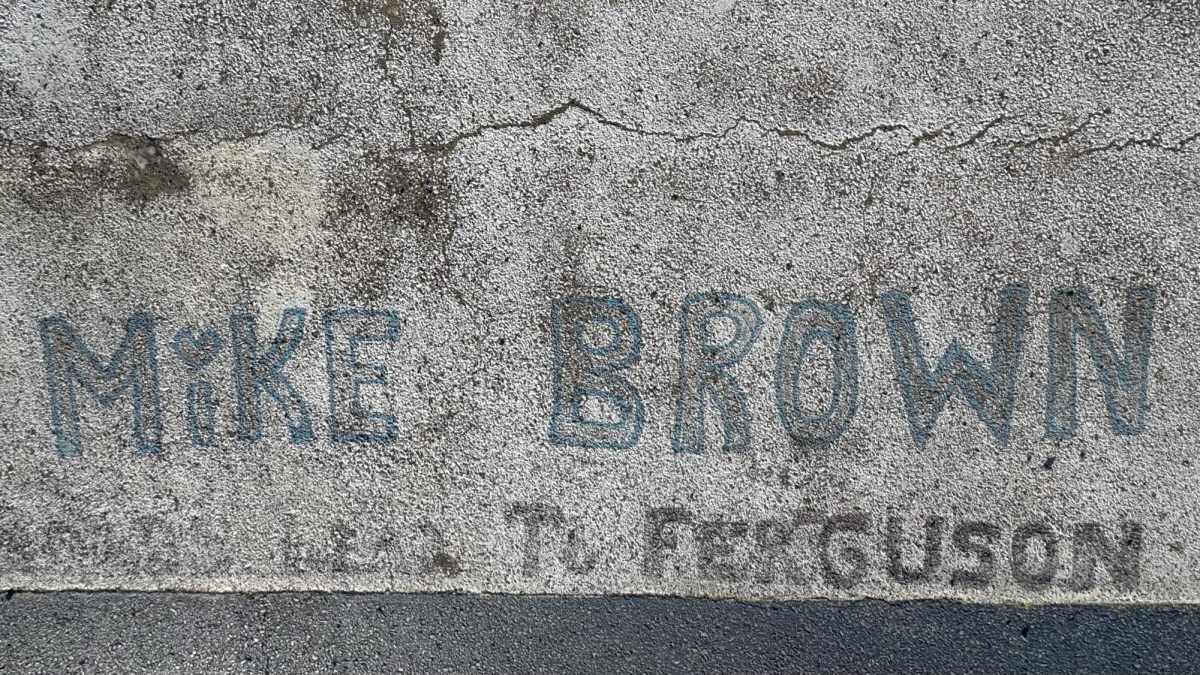Let’s be honest. We all do it or have done it before. Gossip acts as a common mode of communication for many different social areas. Work, school or even in your own family, the recipe for making gossip involves very few ingredients. Gossip has always been seen as a negative thing, but is it really all that bad? Though gossiping is well known for its negative effects on social environments and mental health, it may actually teach us a thing or two about ourselves and our environments.
Gossiping goes as far back as Mesopotamia (late fourth millennium BC). According to an article by Scientific American, since prehistoric ancestors lived among small groups who exchanged many resources, gossip may have arisen from remembering which partners were fair exchangers.
In the late 15th century, gossip was known as the term “godsibb” which directly translates to god relative or godparent in old English. As time went on, the term evolved to refer to companions in childbirth and then progressed to refer to women’s friends/friendships. The term, however, quickly shifted to a negative connotation in the 16th century when it became a demeaning way to punish women as “scolds” and for engaging in “witchcraft” behavior. From very early on, godsibb (now gossip) had very few negative connotations attached to it. But over time, it found its way to defining behavior by women.
According to an article by In These Times, the word gossip was also implemented in Samuel Rowlands’ book “Tis Marrie When Gossips Meete.” Rowlands uses the word gossip to explain that women could stand up to male authority by creating their own social networks and spaces. By the end of the 16th century, women were punished when they acted independently or spoke out against male figures.
Slowly but surely, the definition of gossip was met with many other cynical undertones given that it had a bad reputation centuries prior.
Gossip today is not only used by women, and is used for many different circumstances. However, gossiping is more than just a way for individuals to predict behavior. One of the most beneficial aspects of gossip may be its ability to maintain social order.
Berkeley Sociologist Rob Willer conducted many studies that prove some benefits to gossip. In one of his studies, Willer found that “prosocial gossip” involves the act of warning other people about untrustworthy individuals. He says “It is very different from malicious gossip, which might be driven by a desire to tarnish another’s reputation or advance oneself.”
Here, it is evident that gossip used prosocially can strengthen or reassure relationships since it is often used to protect individuals from deceit. The inclination to protect one another derives from a motive of goodwill in our relationships, not malevolence.
In addition to the generosity of prosocial gossip, the act can be beneficial for an individual’s own intent as well. Gossip can allow individuals to decipher what behaviors and morals we find valuable and in line with our own morals. Given that people often gossip to come to a sense of understanding, it’s not far-fetched to propose that it can lead to effective examinations of how other people function.
In many instances, people may utilize gossip to not only inform their counterparts about juicy information, but it can also allow for a more in-depth analysis of others’ ethical codes. For example, suppose a pair within a friend group decides to point out unethical behavior amongst another in their group. In that case, this can lead to a deeper decision as to whether they still want to befriend the other who is socially out of line. This benefit of gossip may help us understand who is fit for our friendship standards.
Gossip also promotes cooperation among individuals. An article by Earth.com suggests that
“The increased communication itself further fuels cooperation, creating a self-reinforcing cycle. This dynamic has woven gossip into the fabric of human societies across cultures and time periods, solidifying its role as a tool for social connection and collaboration.”
According to a 2015 study by Social Neuroscience, researchers found that all forms of gossip triggered activity in the prefrontal cortex of the brain of males and females, which navigates complex social behaviors. They found that this may be due to individuals’ need to fit in amongst groups socially. Since gossip is spread rather quickly, people might be more likely to act less selfishly due to this fear.
As humans who coexist in a society full of peer pressure, it’s no surprise that we feel the need to stay in line out of fear of being perceived poorly or even worse: gossiped about. The obligation to behave civilly often stems from the negative outlook of gossip itself. Conclusively, the idea of gossip may come from a moral conduct that people feel the need to follow.
Now, this isn’t to justify people running around and spreading misinformation to their own advantage. There are still many negative effects that gossip brings to the table.
A common concept about gossip suggests that those who gossip have low self-esteem. An article by Medium explains that “They draw validation to themselves from others’ misery. So when they share information about others not doing well in their lives, they are validating that their life is so much better.”
In many instances, those who gossip are often projecting. When an individual lacks confidence, a quick and easy solution may be to project their own insecurities onto those around them, and what easier way to do this than to gossip to their closest friends?
Gossip is also widely known to diminish trust between individuals. While many friendships thrive off of connection and honesty, gossiping about your companions may leave them no choice but to look at you and your friendship differently or even unfriend you altogether.
Without a doubt, gossip finds its way into people’s social lives at some point. They even teach us about it in school with games like Telephone to show children how messages can be misconstrued when passed down by multiple people. Or even with the toothpaste analogy, a widely used demonstration of how harmful words and rumors are even harder to take back. Gossip is implemented into our minds as a bad thing before we can even comprehend what it actually is.
Is it possible to become a healthy gossiper? The answer is yes. When individuals can gossip without distorting information, without motivation for personal gain, and with generous intent they can effectively vent to their counterparts without crossing the line of being a toxic gossip.
My biggest takeaway from all the gossip about gossip: Don’t be afraid to do it every now and then. Gossip can be used as a vital tool for social interaction and companionship. And quite frankly, it can make you feel so relieved to finally lift the weight of whatever you need to tell your best friends off of your chest. I’m sure they’re dying for you to spill the tea.






















